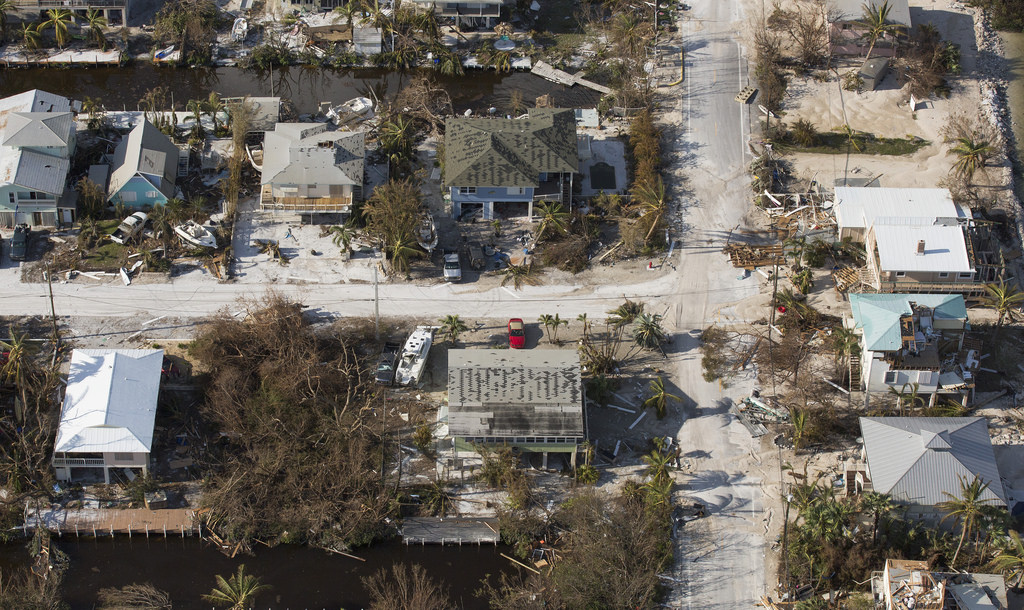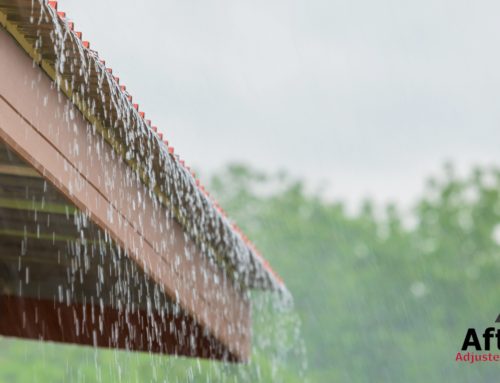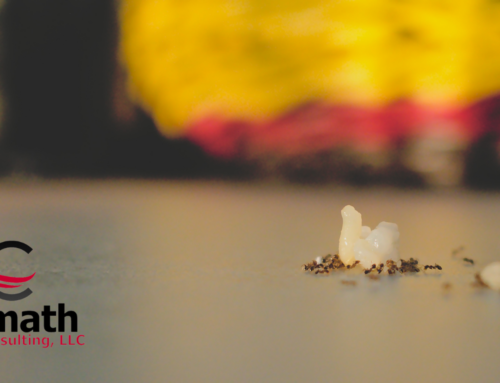Hurricanes merge two very damaging forces, water and wind, that bring destruction to everything in their path, as we’ve seen with Hurricane Irma damage. Make sure you have adequate home insurance coverage, especially if you live on or near the Florida coast. Also, educate yourself on what to do to support your claim after disaster strikes. These actions will be your best protection against hurricane damage.
Flood Insurance
Rising water is often what causes the most damage from hurricanes. Unfortunately, flooding from rising water-such as flooded rivers and storm surge- isn’t usually covered by standard home insurance. Be aware that you will need to have a separate flood insurance policy as well.
Federal law may require you to already have flood insurance. For instance, this is true if you have a mortgage and live in an area that is subject to flooding.
Do not put off getting flood insurance until there is a storm or hurricane threat. Most policies require a 30-day waiting period, so you will be out of luck if you wait.
Hurricane Deductibles
Insurance companies usually provide a hurricane deductible for homes on the coast. These deductibles are a percentage of the value of the home, whereas most other types of insurance deductibles have a fixed dollar amount.
For example, let’s look at a house that is worth $300,000 and has a 5% deductible. The policyholder must pay $15,000 out of pocket in repairs before the insurance will start paying anything. This is only the case when the cause of damage to the home is a hurricane.
Contact your insurance agent to check if your policy has a hurricane deductible and if so, how much it is.
The 5 Steps for Managing the Hurricane Irma Damage
If your home has suffered Hurricane Irma damage, follow these reparation measures:
1. Take Pictures of the Damage
Photographing the damage will make dealing with insurance claims a lot easier. Also, document all the damaged items by keeping a running list.
2. Make Emergency Repairs
Temporarily fix only that which is crucial in preventing further damage, like covering broken windows and roofs with plastic. Do not make any permanent repairs until after an (Aftermath) insurance adjuster looks over the damage. After the storm, you may feel the need to start cleaning up and getting rid of damaged items. Don’t do it! Your insurance adjuster can only give you the best offer if they have seen all of the damage and destruction firsthand.
3. Prepare a Home Inventory
Before a storm hits, take inventory of all your possessions and keep it in a safe spot. This inventory should document all the items in your home and include detailed descriptions, photos, and receipts if you have them. Having this already completed before disaster strikes will make the claims process a lot easier. So if you don’t have one, begin making a home inventory right away.
4. Immediately File a Claim
It is crucial to file an insurance claim as soon as you can. This is due to the fact that insurance companies often work on a “first come, first served” basis. But before talking to your agent, contact Aftermath Adjusters. We will help you prepare what is needed for your insurance company including an estimation of damages. We will work closely with your insurance agent to help you get the largest payout possible based on your policy.
5. Find a Safe Place to Stay
If your home is unfit to live in, you will need to stay somewhere safe while your home is being repaired. A standard homeowner insurance policy usually helps cover your family’s lodging as long as the damage is covered as well. Ask your insurance company or look over your policy to see if you have the “loss of use” coverage. Make sure you check how much it will cover and for how long.
Recovering from Hurricane Irma damage takes time, and the loss can be overwhelming. Being prepared ahead of time will help make reparations faster and easier.









